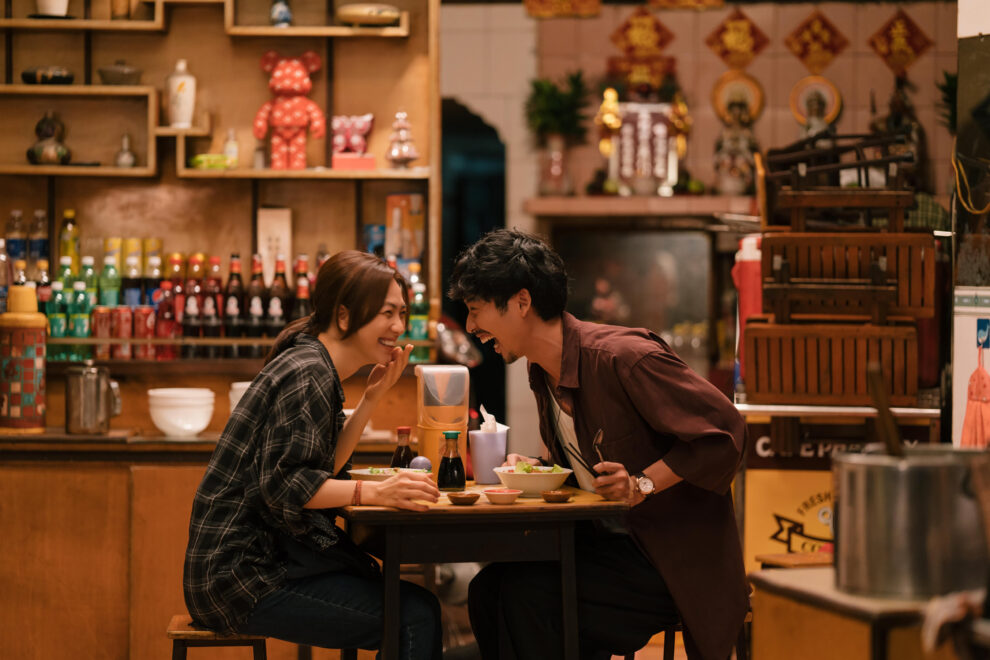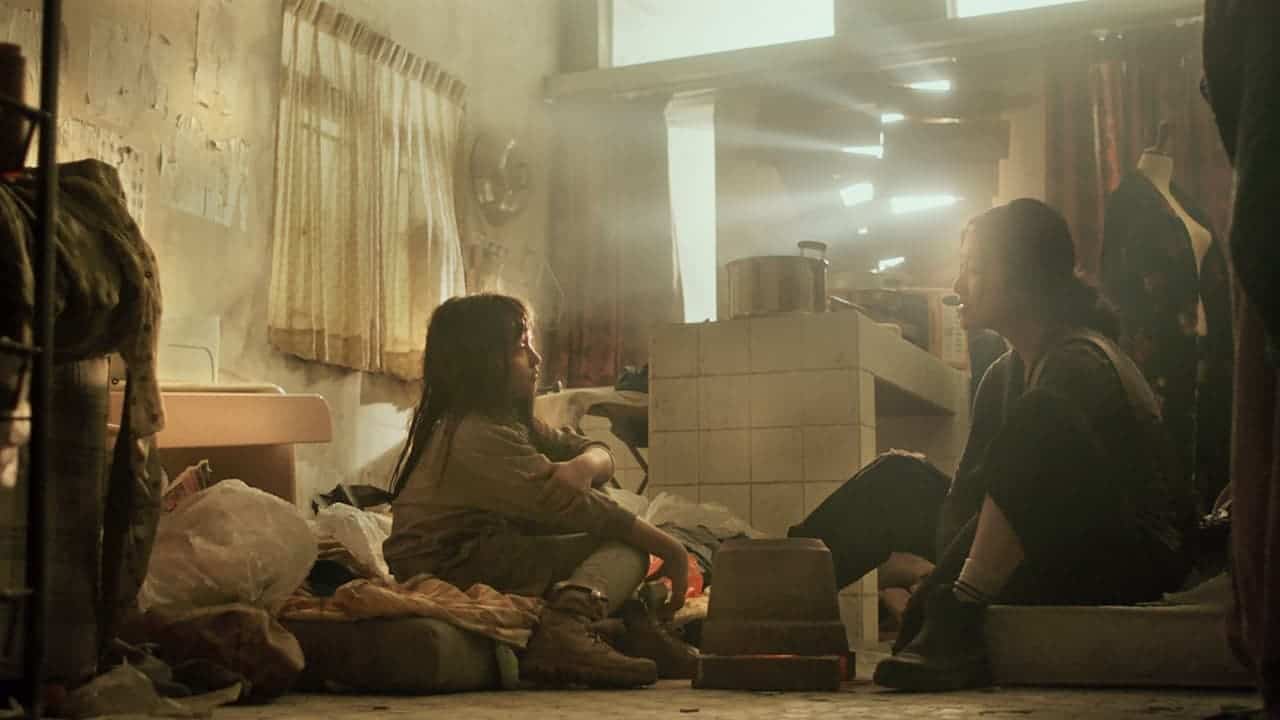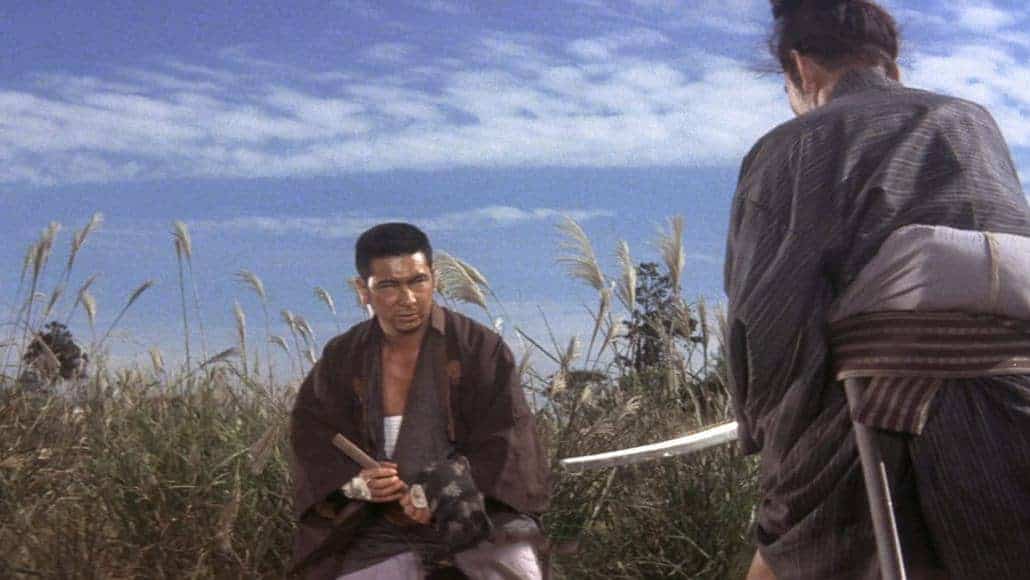Recently, “MAI” became the highest grossing film of all time in Vietnam, cementing Tran Thanh's status as the king of the local box office, since the top three entries now belong to him. The success of the movie, however, did not occur only within the country's borders. 3388 Films released the movie in nearly 200 theaters in nine countries throughout North America and Europe – marking the widest same-day theatrical release ever for a Vietnam film across the two continents. “MAI” is now playing in the U.S., Canada, UK (England and Scotland), France, Germany, Norway, Czech Republic, Slovakia and Poland.
The titular character is a woman in trouble, although not exactly to her own accord. As the story begins, she is just moving to a cheap apartment in a block and her beauty immediately causes problems for her. The other women feel jealous of her, particularly since their husbands cannot hide their awe, while the ladykiller of the neighborhood, Duong, sets his eyes on her without delay, flirting in the most hideous way. Mai's troubles, however, do not stop there. In her work, as a masseuse at a parlor, she almost immediately becomes one of the top girls, even surpassing the previous one, whose popularity, however, was not exactly based on her massaging skills. Nevertheless, jealousy soon rears its ugly head there too, with our protagonist becoming the object of scorn that soon transforms into something even worse.
When the reasons for her moving are eventually revealed, her past emerges as an even worse issue, with her carrying a trauma from her childhood that has never stopped tormenting her. In the midst of all these, she finds support in Dao, a rather rich patron who helps her anyway she can, while Duong's attitude changes into something much more mature.
Tran Thanh directs a film that obviously aimed to please his audience, and considering its success so far, it is easy to say that he achieved his goal to the fullest. In that fashion, the movie begins as a comedy, offering laughs aplenty particularly through the behavior of the nosy and obnoxious neighbors as much as Duong's womanizing ways, who does, however, finds his ‘master' in the face of Mai. At the same time, there is a sensualism permeating the first part of the story, as presented through some erotic scenes (without significant nudity though) or the whole concept of the massage parlor that also moves towards the same, crowd pleasing paths.
The second part of the movie changes pace significantly, since the more of Mai's past and particularly her family situation is revealed, the more it turns into a drama, and eventually a melodrama. It is also here that the main comments Tran Thanh wanted to present appear. The first and most central one revolves around the dynamics between the rich and the poor, with the remark being quite harshly realistic, with the filmmaker essentially stating that the two can be friends or even something more as long as the rich are the ones on top, but never as equals. This comment, when added to how the mistakes of parents haunt their children, and how the past remains a burden for the whole lives of people echo quite realistically, and are also the main source of (melodrama) here. It seems, additionally, that Tran Thanh wanted to state that people may be able to change, but their past and occasionally their families may prove huge obstacles in that effort, in another quite realistic comment.
DP Diep The Vinh captures the many settings the story takes place in striking fashion. Particularly the way he implements the block of flats, the massage parlor and Mai's apartment as integral parts of the story, additionally highlighting the personas of the protagonists quite eloquently, is quite impressive to watch. Pham Hoang Nhan, Tran Thanh and Vu Khac Tuan's editing result in an expectedly fast pace, that suits the episodic nature of the narrative nicely, while the flashbacks are well placed within the story.
Phuong Anh Dao as Mai gives an excellent performance, with the way she tries to keep her feelings bottled throughout the hardships she undergoes being as impressive as the times she lets go. Tuan Tran as Duong is definitely handsome enough to be convincing as the playboy, but his transformation is presented quite nicely too. The chemistry between the two is great, finding its apogee in the brief scene in the finale, in a definite underrated moment. Hong Dao as Dao is convincing in both different personas she presents.
At the same time, and while the impact of the second part is definitely more significant, one can only think that the director and the scriptwriter lost their sense of measure after a point, with the coincidences and the overdramatic events that take place definitely going too far. It is also obvious that the film would definitely benefit from some tighter editing, which would decrease the duration of the movie a bit. On the other hand, the way the finale concludes the story and the fact that the movie remains entertaining from beginning to end while making a number of comments, will definitely make someone think whether scriptwriter Binh Bong Bot and Tran Thanh are masters of mainstream filmmaking, as they seem to even handle the aforementioned loss in a way that keeps the movie interesting and enthralling.
As the credits roll on ‘MAI,' one thing is clear: Tran Thanh and his team have crafted a film that resonates far beyond the screen, leaving an indelible mark on both Vietnamese cinema and the global film landscape.”
















thank you about this conscientious review